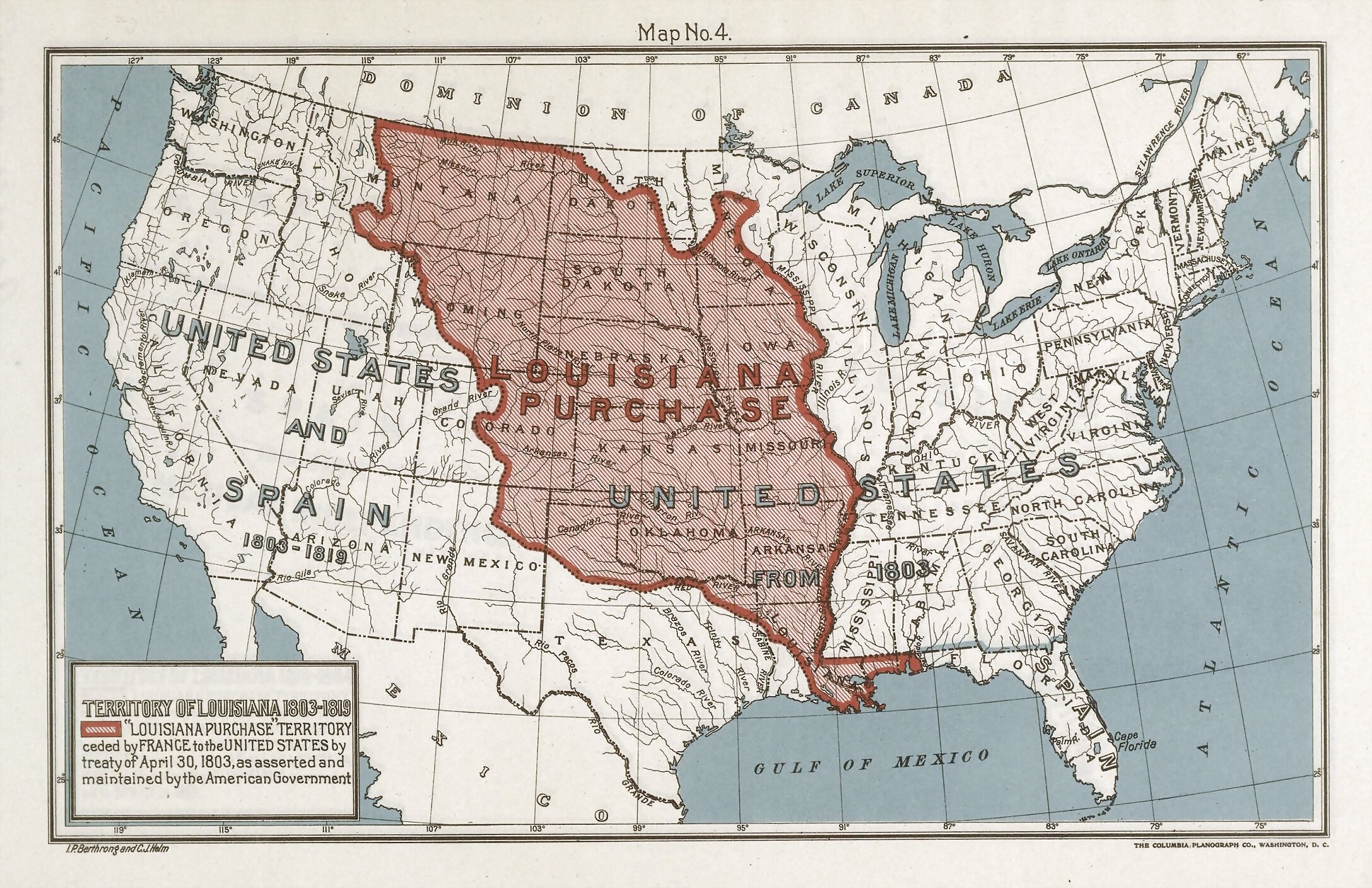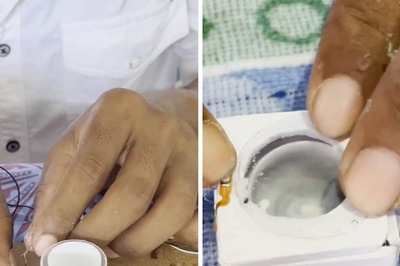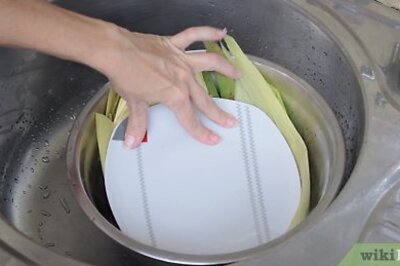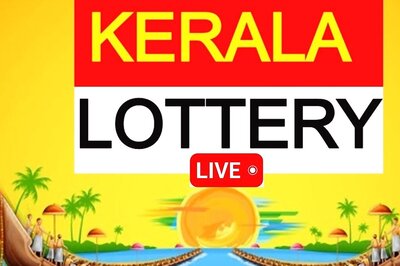
views
The United States doubled its territorial sovereignty over North America by effecting the Louisiana Purchase in 1803 for a sum of $15 million. Opinions vary on why Napoleon Bonaparte agreed to return 830 thousand square miles of land across the Mississippi Valley to President Jefferson Thomson for a song.
Some historians believe the sale deed was signed in haste after French colonisers registered high mortality rates among its soldiers from a hitherto unknown disease in parts of Alabama, Louisiana, Mississippi and Texas.
Between 1803 and 1860, more than 550 thousand whites migrated to New Orleans from Germany, Ireland and Northern States within the US. The American dream lured in migrants to the Mississippi valley. Domestic slave trade flourished. So did sugar and cotton plantations.

With progress came the pandemic.
The burgeoning population turned into a death trap in cities with little or no public health infrastructure. The contagion flourished in high population density neighbourhoods. Up to 50 per cent newcomers died violent deaths from yellow fever — oozing blood from nose and mouth due to multiple internal hemorrhages.
In multiple waves, this contagion would ravage these tropical and sub-tropical plains for the next 100 years, killing about eight per cent of the region’s urban population, and as many as 30 per cent recent migrants. In 1853, the year of New Orleans’ worst epidemic, about one-tenth of the city’s population succumbed to the yellow fever.
Co-mingled with racism and slavery, the yellow fever engendered a perverse form of capitalism in Deep South.
This new social order celebrated those who survived the disease and thus acquired long term immunity from the virus.
Survival from the yellow fever was a certificate of greater life expectancy. Natural inoculation catapulted a section of white population to the higher echelons of social and economic hierarchy. Banks offered them loans. Their businesses flourished.
‘Immunocapital’ soon became the most the most sought-after currency.
Perils of Immunity Passports for Covid-19
The World Health Organization (WHO) has warned against perils of adopting any such measures in an attempt to reboot the economy in haste.
Firstly, there is little empirical evidence to confirm people who get infected are immune to Covid-19. South Korea has reported multiple cases of re-infection.
Studies show up to 20 per cent Covid-19 patients have small or weak antibodies. There is little research on how long the acquired immunity to the virus may last.
Secondly, most sensitive pathological investigations can give negative false tests. So there is no guarantee that a person who has tested negative has not been exposed to the virus. (RT PCR Tests in China from lower respiratory organs have shown 75 per cent accuracy)
And finally, immunity passport may usher in a system which would reward and promote those who survive the infection.
As in southern provinces in the US in 17th century, this may sow seeds of a perverse form of capitalism which would not only pull a section of the society to the bottom of the social and economic order, it might even nudge the poor and displaced to seek immunity through exposure to the disease.



















Comments
0 comment